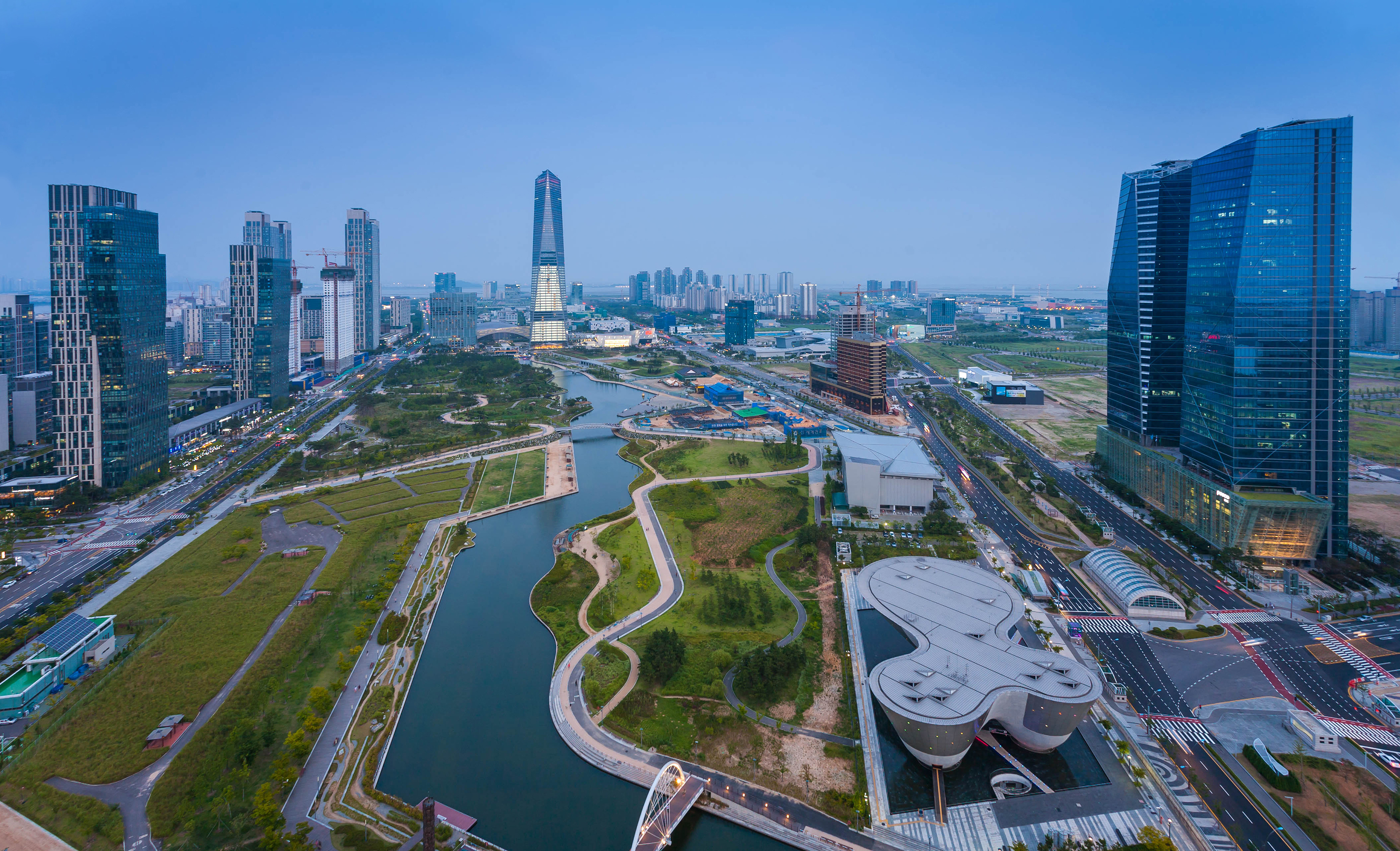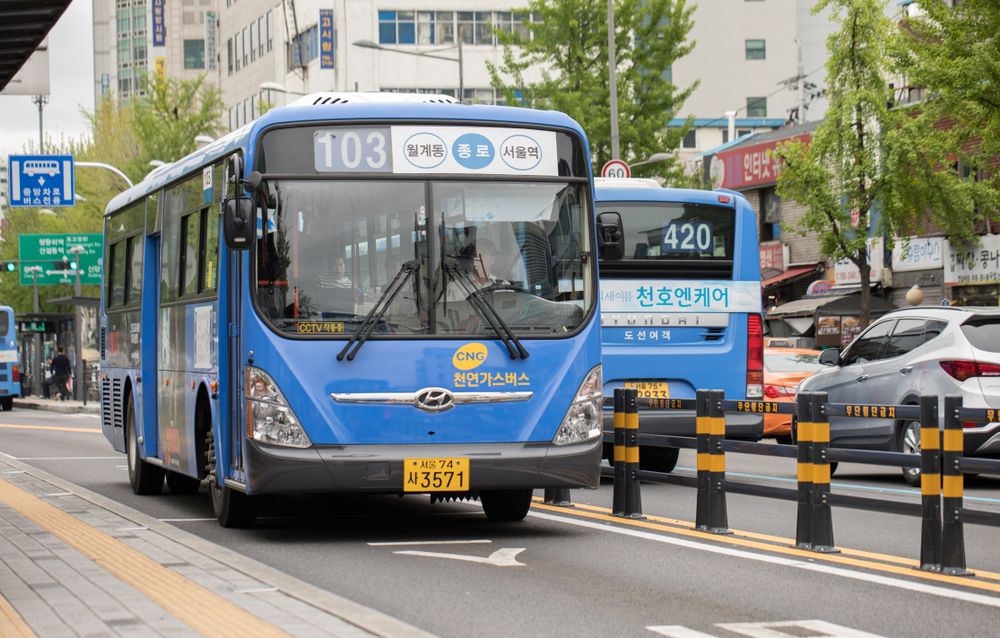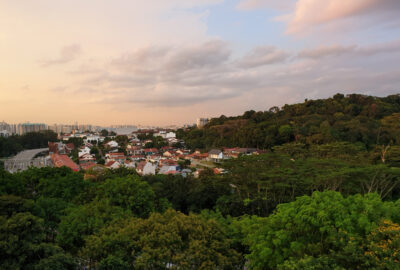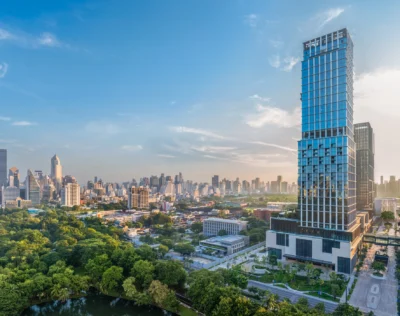South Korea’s smart cities getting smarter
Although showpiece smart city project, Songdo, is widely viewed as a letdown, South Korea is at the leading edge of efforts to pioneer innovation-led urban hubs in Asia

For better or worse, South Korea’s Songdo remains one of the best-known smart city projects in the world, a petri dish of great promise and disappointment. Heralded for its forward-thinking, Songdo has at times been a victim of its own hype, criticized as a sterile laboratory that seemed to put humans secondary to a sci-fi vision.
But South Korea is nothing if not fast-moving and forward-thinking, and Songdo, while not forgotten, is increasingly seen as yesterday’s news, the version 1.0 of the smart city initiatives springing up across the country.
Staging everything from ambitious test-lab sites to smaller, incremental pilots, South Korea is leveraging the advantages of its innovation-led, tech-driven economy. And while few direct comparisons are publicly made to Songdo, the new projects seem to focus on a more inclusive, people-centric approach, with a strong emphasis on citizen engagement and services.
In a February speech, President Moon Jae-in had his eyes squarely on South Korea’s smart cities of the future, calling them “one of the government’s top priorities,” and “the cradle of the Fourth Industrial Revolution.”
In 2018, Moon’s administration singled out Busan and Sejong as South Korea’s showcase smart city projects, with both slated to begin construction later this year and be operational by 2021. Both projects—which will utilise big data, robotics and AI to improve the delivery of public services and address citizen concerns—have a combined total of KRW3.7 trillion (USD3.29 billion) in government and private sector investment.
Sejong’s 5-1 Life Zone focuses on health and mobility. Transportation sharing and autonomous driving go alongside smart traffic lights and crosswalks, while drone delivery of first-aid kits, and patient data sharing through video links comprise healthcare advances.
In Busan, the government is working with K-Water (Korea Water Resources Corporation) on Eco-Delta City, a 2.19 million square-metre development that utilises remotely-managed smart water management technology, and renewable energy via hydropower and smart energy management systems. Robots will perform such tasks as towing and parking cars, and act as caretakers within a healthcare cluster.
Songdo is the example of Korea, but Seoul has more interesting things in terms of smartness and citizen-related projects
Such advances, claims President Moon, will save Busan residents 124 hours a year by 2022, including 60 hours in traffic, 20 hours in administrative paperwork, and five hours waiting time at hospitals. He also predicts reducing urban crime rate by 25 percent and traffic accidents by 50 percent.
Both projects have looked to voices from beyond the usual realm of urban planners, bureaucrats, and tech companies for input. For instance, Jeong Jae-seung, a professor of bio- and brain engineering at the Korea Advanced Institute of Science and Technology (KAIST), is the key planner for Sejong’s Life Zone.
While averse to commenting on comparisons with Songdo, Jeong said that Sejong would be a smart city project on a human scale, one that emphasises citizen involvement. “The appearance of the smart city will be modelled not on Gangnam, with its high-rises, but on Bukchon, Seochon, and Yeonnam,” he says, pointing to neighbourhoods in Seoul with walkable streets and traditional character mingled with contemporary development.
More: South Korea to ‘export’ smart cities around the world
While these futuristic visions are still in the works, South Korea’s capital city, Seoul, has long been a testbed for smart city projects and tech-enabled everyday services.
Other cities, for instance, look to Seoul’s highly sophisticated and integrated public transport system as a model. “We often share Seoul’s BRT (bus rapid transit) system as it’s a cheaper alternative to a subway system, especially for cities that are growing or expanding,” relates Felix Kalkowsky, a program officer at Seoul-based Citynet, a network of urban stakeholders around the Asia-Pacific region.
Tech-driven citizen services abound in the capital, including the mVoting app, which allows citizens to weigh in on policy issues from designated smoking areas in public parks to bus routes. Big data is well utilized—the city’s Transport Operation and Information System (TOPIS) gathers a wide range of data that can be accessed on mobile devices for everything from real-time bus arrivals to traffic conditions to available parking lots. Phone data collected by KT, the nation’s largest telecom, was also used to determine a series of new night bus routes, based on calls for taxis, consequently reducing annual car trips by 2.3 million rides.

Seoul Mayor Park Moon-Soon, touted the leading contender to becoming next president, has been a major proponent of smart city development and recently introduced a USD109 million initiative to incorporate blockchain technology to certify voting, issue documents, and register vehicles, among other use cases.
“Songdo is the example of Korea, but Seoul has more interesting things in terms of smartness and citizen-related projects,” says Chungha Cha, chairman and founder of the Seoul-based Re-Imagining Cities Foundation.
Yet for all of its technological innovation, Cha claims that South Korea is still lacking an emphasis on green, sustainable solutions. “How can we build better buildings for carbon neutrality, net zero energy, going towards net zero water, net zero waste? In that regard, Koreans are laggards right now,” says Cha, drawing a contrast with ambitious master plans such as Copenhagen’s push to be carbon-neutral by 2025.
There is, however, a strong business push among major Korean companies, from LG Electronics to Samsung to government-owned construction company LH, to develop and market smart city solutions not just at home, but overseas, which may bring about a greater emphasis on green solutions.
“Because of Korea’s large business groups and their core competencies in ICT, semiconductors, innovation, overseas construction markets, we do have strong players that could make a very strong impact in accelerating smart city building,” says Cha.
Greg Brooks-English, a professor at Yonsei University who teaches on climate change and building an ecological civilization, believes that climate action and sustainability could also catch on as South Korea’s next big thing in the smart city frontier. “[Climate action] may take a while to gain traction, but once it does, watch out,” he says. “I would never underestimate Korea.”
This article originally appeared in Issue No. 153 of PropertyGuru Property Report Magazine
Recommended
Meet the expert helping overseas investors crack Australia’s property market
Ivan Lam of property advisors Charter Keck Cramer helps clients navigate Australia’s complex real estate dynamics
6 spots to check out in Singapore’s Bukit list neighbourhood
The sought-after Singapore neighbourhood offers lifestyle amenities, green space, and new residential projects
Thailand’s real estate sector watches closely as the Shinawatras return to power
Time will tell if the return to power in Thailand of the Shinawatras will lift the country’s ailing real estate sector
China’s homebuying surge: Can new stimulus measures keep the market rally alive?
Stimulus measures have sparked a surge in homebuying activity around China, but many are sceptical the shift will endure








